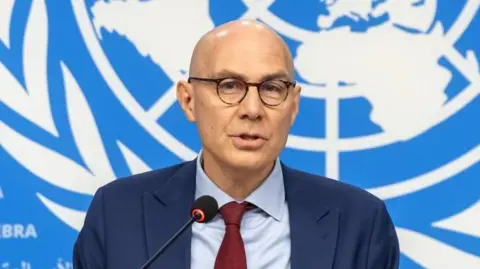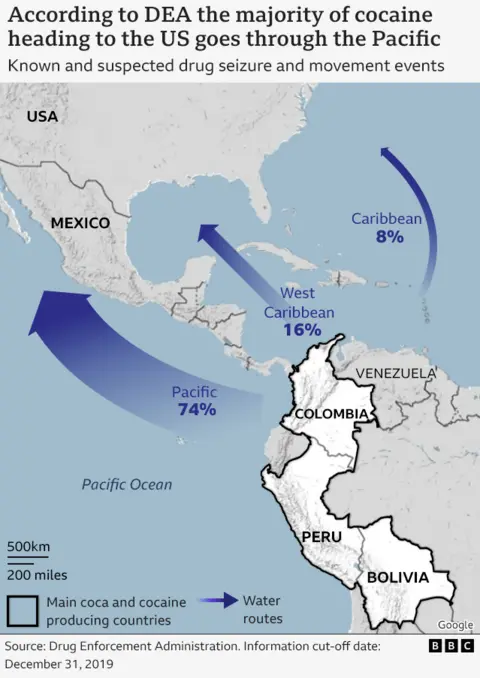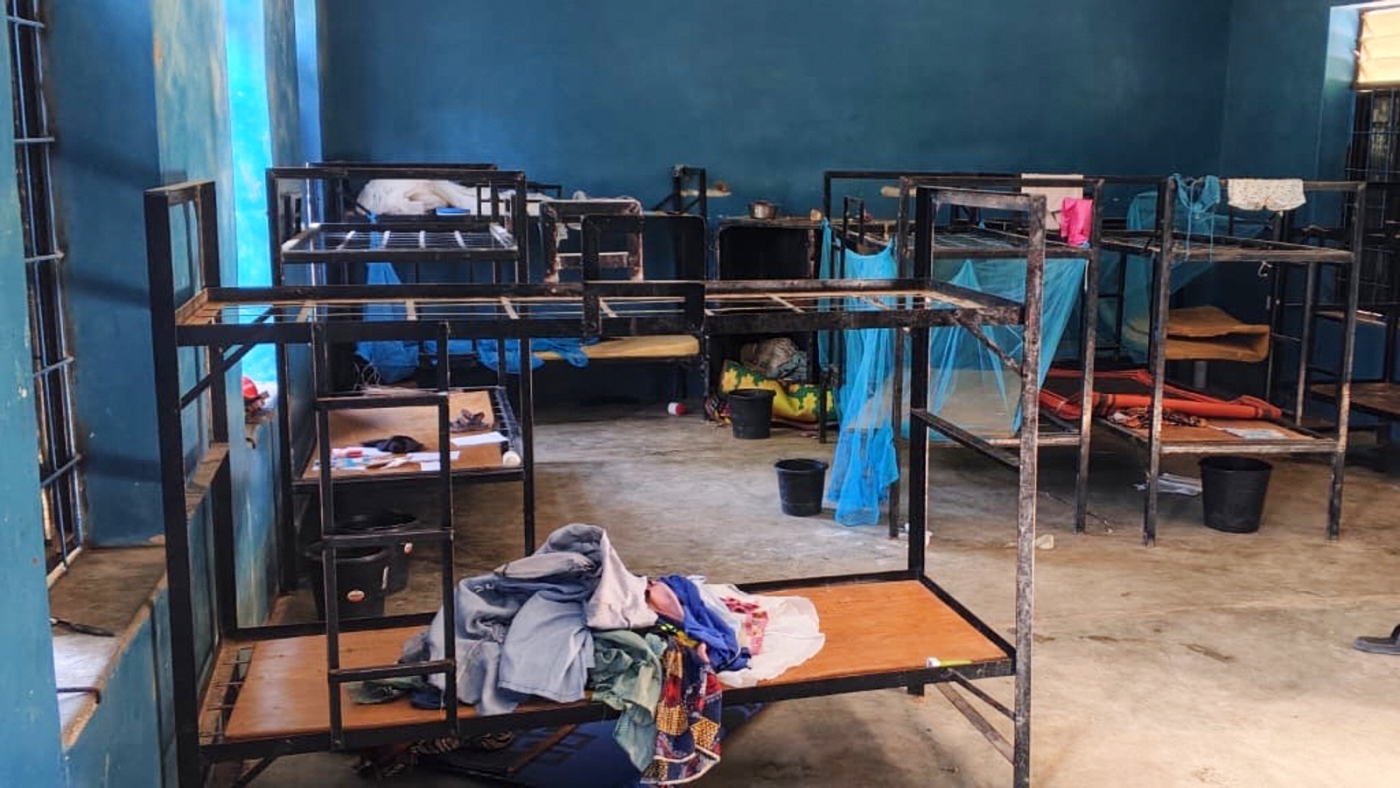Rachel Hagan and Imogen Foulkes,Geneva Correspondent

 EPA-EFE/REX/Shutterstock
EPA-EFE/REX/Shutterstock
The UN's human rights chief has condemned US military strikes on vessels allegedly carrying drugs in the Caribbean and Pacific, saying the lethal attacks violate international law and amount to "extrajudicial killing".
Volker Türk said on Friday that more than 60 people have reportedly been killed in US strikes since early September.
Calling the attacks "unacceptable", he said Washington must halt them immediately and conduct prompt, independent and transparent investigations.
The US has been defending its actions. President Donald Trump has said the strikes are necessary to stem the flow of drugs into the US and he has the legal authority to continue bombing boats in international waters.
Türk, while acknowledging the challenges of tackling drug trafficking, said in a statement that the circumstances for the deadly strikes "find no justification in international law".
"Countering the serious issue of illicit trafficking of drugs across international borders is - as has long been agreed among States - a law-enforcement matter, governed by the careful limits on lethal force set out in international human rights law."
Under law, the intentional use of lethal force "is only permissible as a last resort against individuals who pose an imminent threat to life", he said.
He added that based on "very sparse information provided publicly by the US authorities, none of the individuals on the targeted boats appeared to pose an imminent threat to lives of others".
He called on the US to use law enforcement methods including intercepting boats and detaining suspects, and if necessary, prosecuting individuals.
Watch: What we know about US strikes targeting alleged drug boats
Most strikes have taken place off the coast of South America in the Caribbean, though attacks in the Pacific this week killed at least 18 people, according to US Defence Secretary Pete Hegseth.
In the Caribbean, the US has deployed troops, aircraft and naval vessels and last week ordered the world's largest warship - the USS Gerald R Ford - to the area.
The strikes have drawn condemnation in the region and experts have questioned their legality. Members of US Congress, both Democrats and Republicans, have also raised concerns and questioned the president's authority to order them.
Mexican President Claudia Sheinbaum said her government does not "agree with these attacks" and has called for meetings with the US ambassador, insisting that "all international treaties be respected."

 BBC News
BBC News
The US actions have also heightened tensions between Washington and the governments of Colombia and Venezuela.
The US has placed sanctions on Colombian president Gustavo Petro, accusing him of failing to curb drug trafficking and allowing cartels to "flourish". Petro has responded that he has been fighting drug trafficking "for decades".
Trump has also accused Venezuelan President Nicolas Maduro of leading a drug-trafficking organisation, which he denies.
Venezuela's attorney general told the BBC there is "no doubt" that Trump is trying to overthrow the Venezuelan government. He accused the US of hoping to seize the country's natural resources, including reserves of gold, oil and copper.
The US is among many nations that do not recognise Maduro as Venezuela's legitimate leader, after the last election in 2024 was widely dismissed as neither free nor fair. Opposition tallies from polling stations showed its candidate had won by a landslide.

 1 month ago
19
1 month ago
19










 English (US) ·
English (US) ·